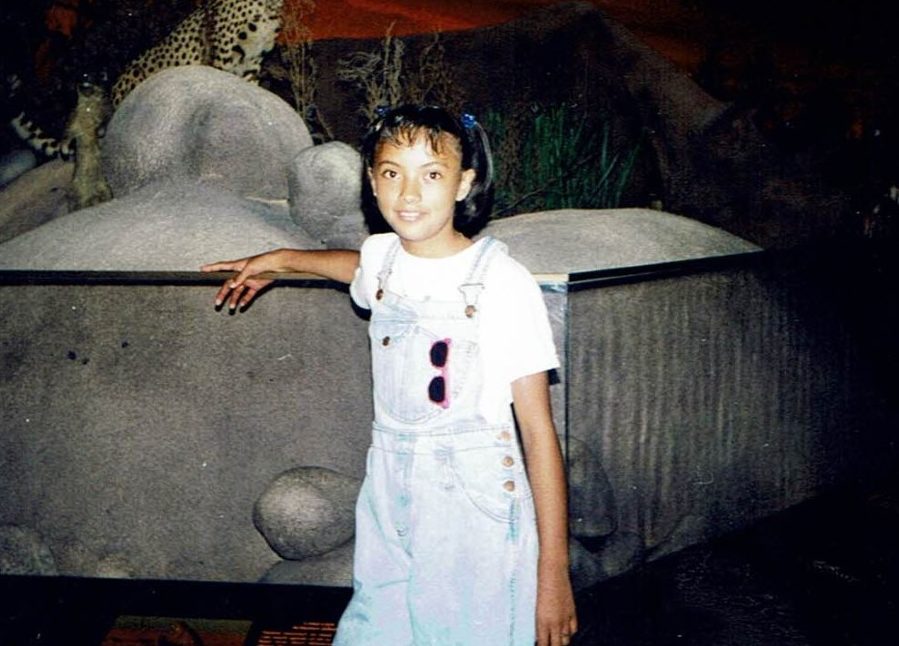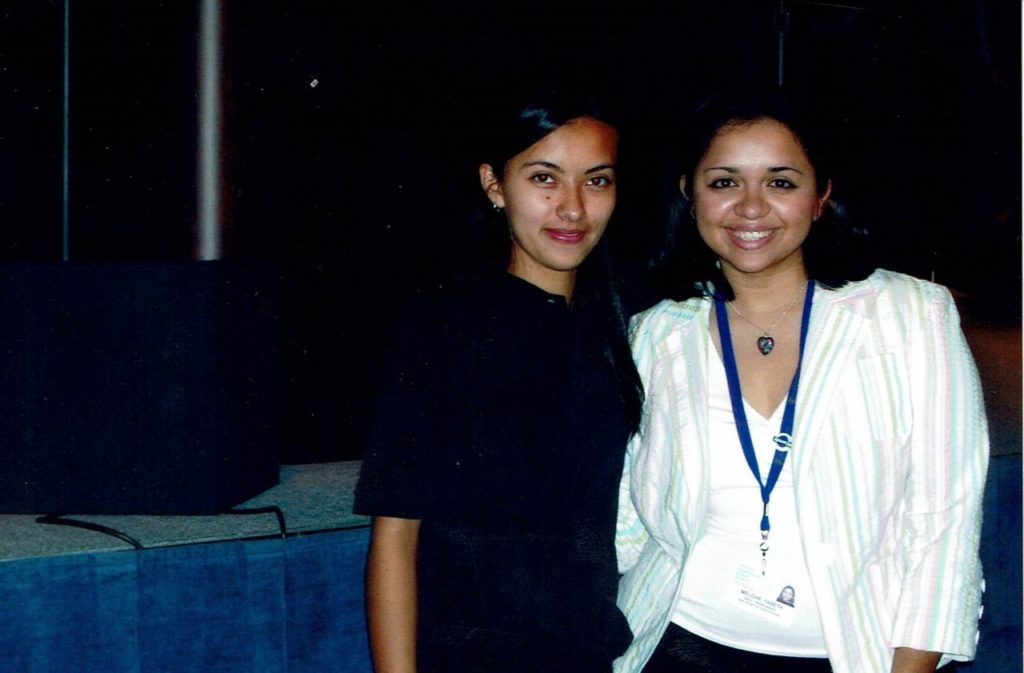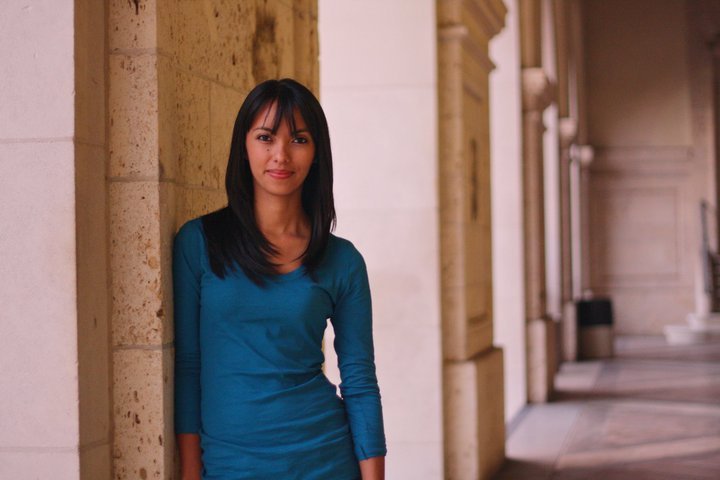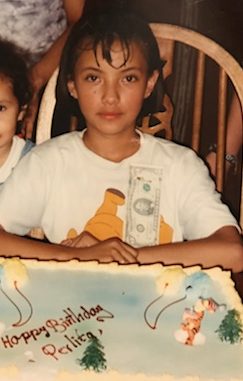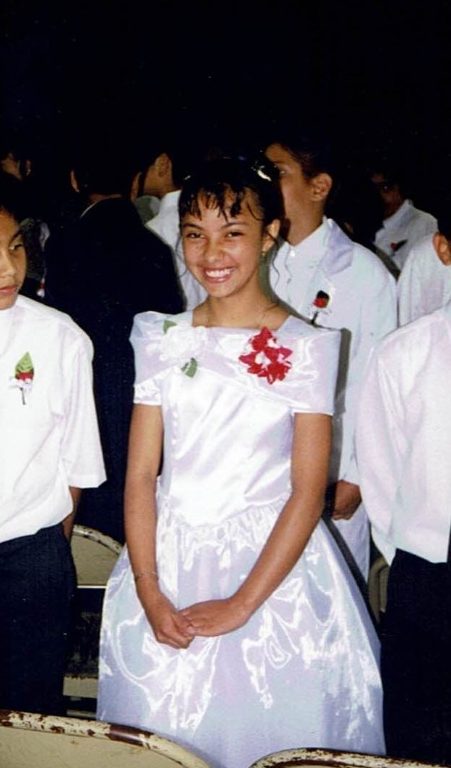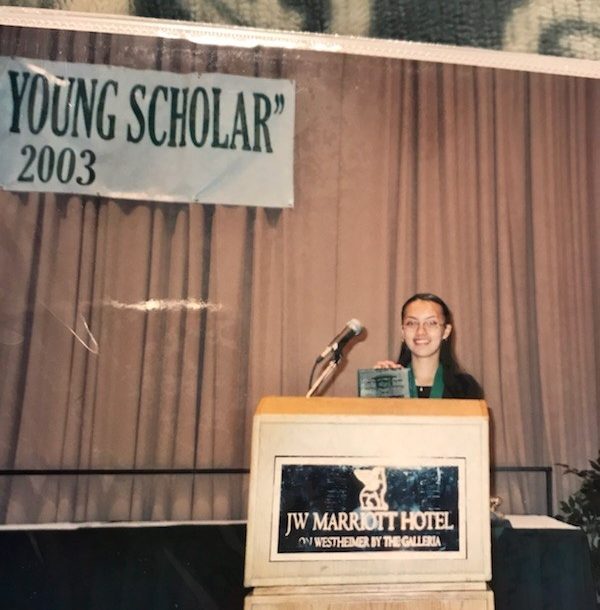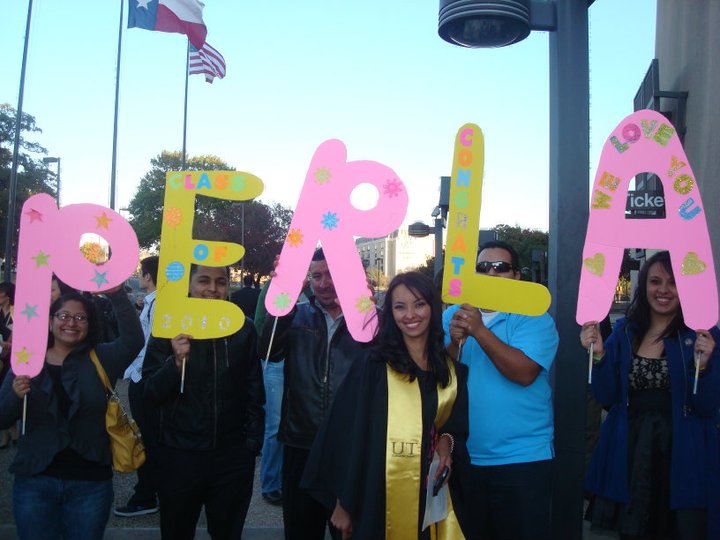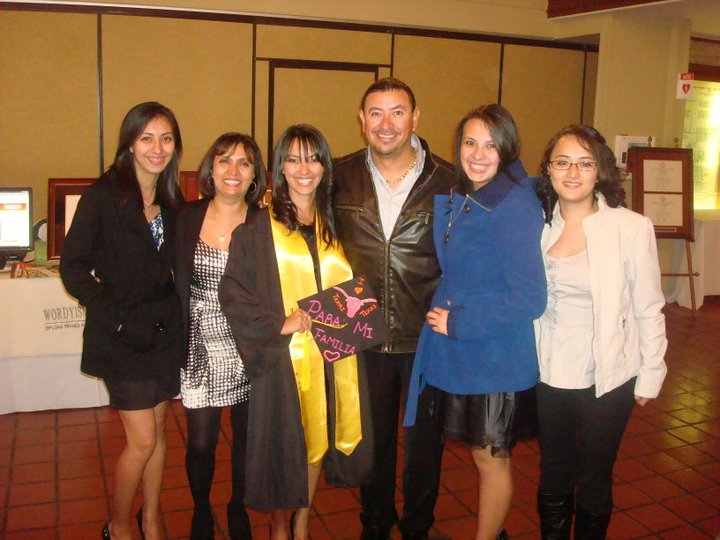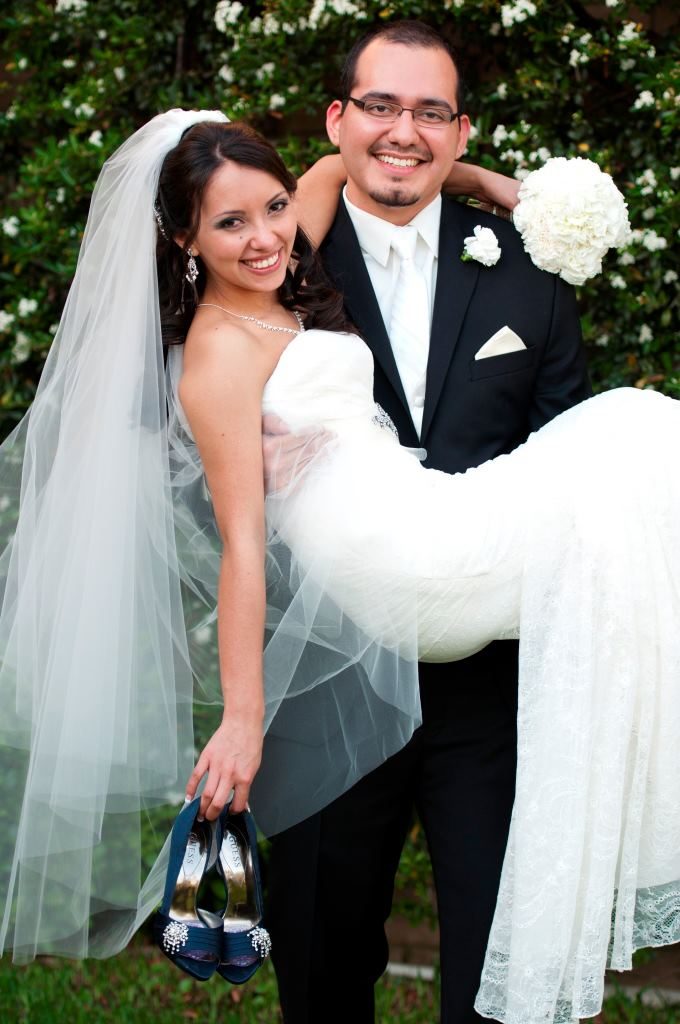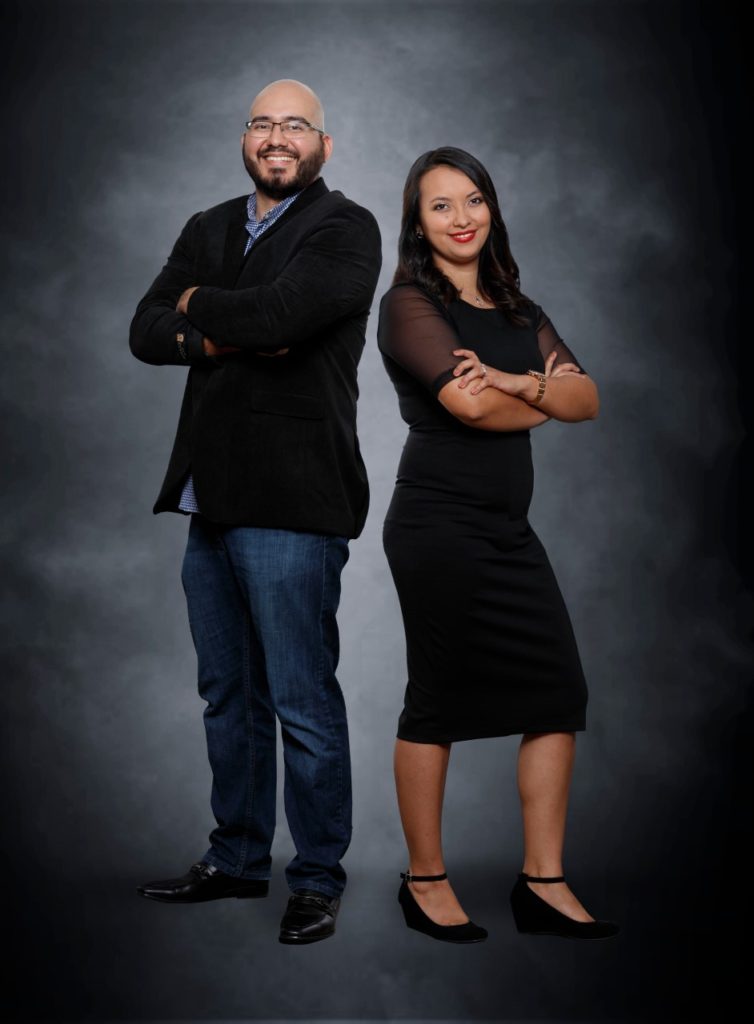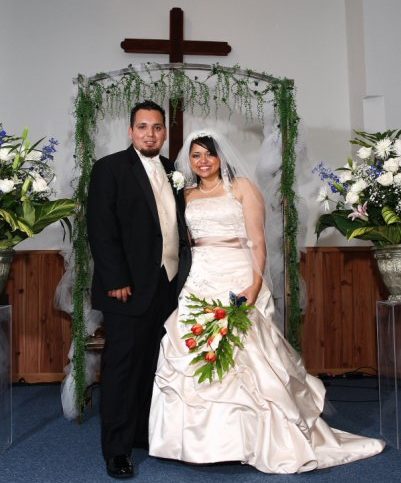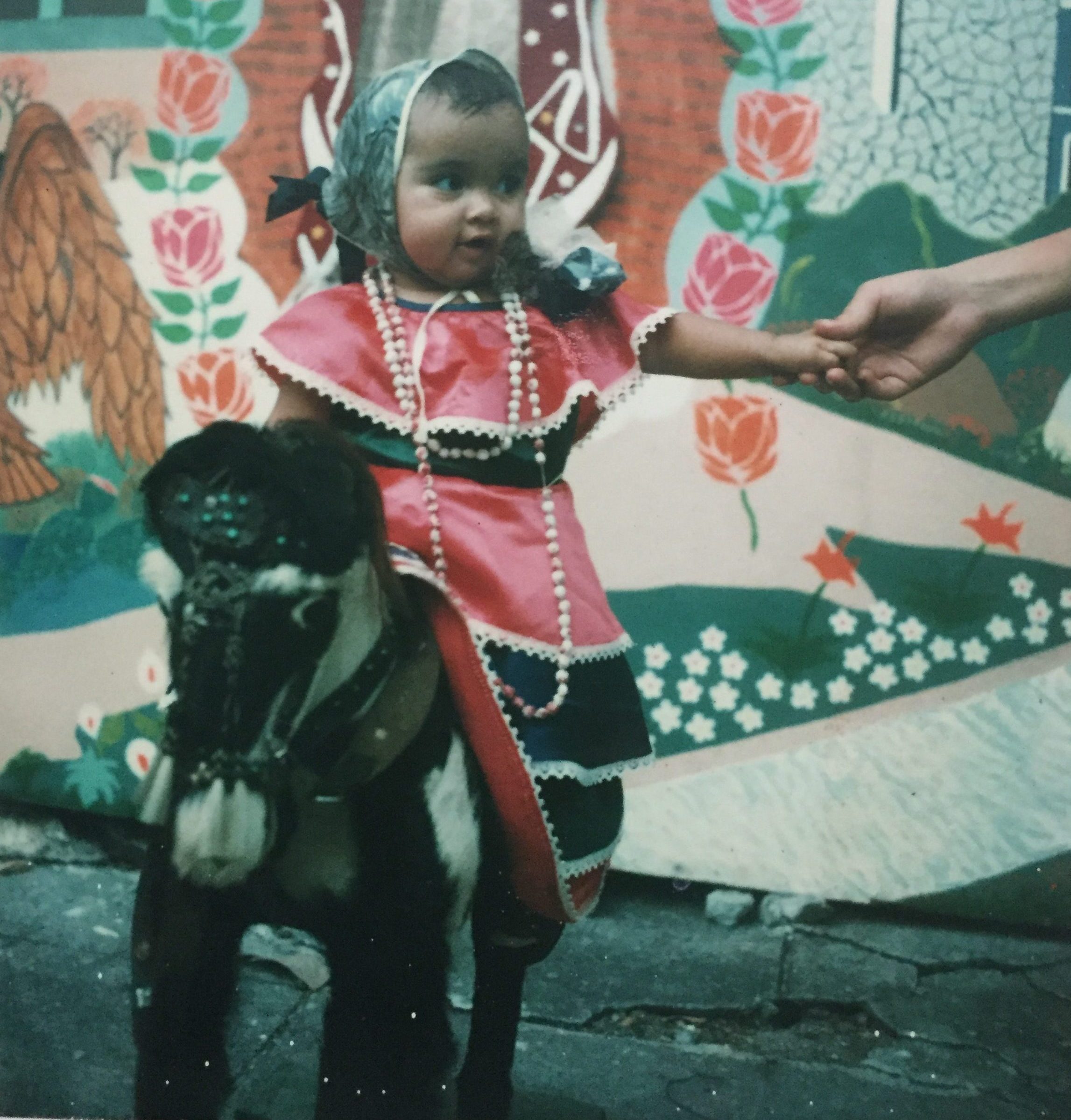I met Perla when she was a freshman in high school. She was part of the soccer team and I led a Bible study after school with the team. She was one of the young ladies I met closely through discipleship and as her leader.
Over the years I watched her play her favorite sports, develop friendships, graduate from high school, travel to camps and conferences with various organizations, be accepted to the University of Texas at Austin, receiving awards, graduate from college, get married, start a family, and now even have a successful business.
Also, over the years we have read the Bible and prayed together, we cried during difficult experiences, we laughed at fun times, and we dreamed together. Especially during high school she and some of her friends dreamed that they could all go to college, graduate and use their college degrees to have a career. They feared that this dream would not come true because of their legal status.
But despite her legal status, she has been successful in the United States. She is an intelligent and noble woman, a dedicated wife and mother, and she is my friend and sister in the faith. I invite you to read the following story where Perla shares her experiences living in the United States as a girl, student, and an undocumented woman.
Coming from Mexico at the age of nine, I became aware of who I was in the eyes of many who disapproved of my presence in the United States. As an undocumented child, I remember feeling fear and anxiety. It was the unpleasant words and common phrases used to describe me and people like me in the news such as “illegal alien.”
I have been in the U.S. for 20 years but reading Facebook comments like “wetback” or “go back to where you came from” and “illegals are criminals” don’t get easier to read. It is dehumanizing for people, who are like me and only want to make this country better.
However, even at a young age, I knew the reason behind my parents’ struggle to built better lives here in Houston. And that was so that my three sisters and I could get a good education and a chance at an opportunity to have a better life because the jobs in Mexico were scarce, the violence was increasing, and it was near impossible to get ahead in life with all the corruption at all levels of government.
I was very conscious of the reason for my presence here, so I made up my mind that I was going to focus on school and get good grades. But sometimes even with all my hard work, it was not an easy journey. It was disheartening at times.
One summer, when I was going into my senior year in high school, I was chosen out of a group of the most diligent students from The Kinkaid School summer institute of math, science, and engineering. I was expected to work as an intern for a sponsoring company to gain experience in the field of engineering. I diligently worked on my resume, I was prepared for the job interview, and everything seemed to be in place. There was only one problem: I was an undocumented immigrant. I was turned down only when the director learned of my legal status. I had anticipated rejection, but knowing this opportunity was given to a small number of students, I was devastated.
Being an undocumented student has placed many hurdles in my path. Nevertheless, it has taught me the value of education that only comes from enduring the hardships of “living in the shadows” so to speak, making me put twice as much effort because if my parents did not give up when they were hungry and tired from walking and hiding on their long journey to the U.S., I was not giving up either, even though many times it felt like I should.
Like when I didn’t know where I would get the money to go to college, because as an undocumented student. I couldn’t get loans or qualify for federal help. Even though I was awarded over $40,000 in scholarships, it wouldn’t be enough spread out over 4 years of college. Or like when I was getting ready to graduate from the University of Texas at Austin with no real job prospects due to my status, it felt like all my hard work had been for nothing.
But my mom reminded me that no matter where I was, no one could ever take my education away.
Many people regard illegal immigrants as “parasites”, mere subjects who invade the country only to consume and destroy the land. As parasites, we are looked down upon as subservient and an extreme burden on legal citizens. I understand my intrusion in this country, but I am confident of the potential I possess, and I could not bear to be thought of as a parasite much less function as one. I went on to graduate from the University of Texas with a bachelor’s degree in Human Development and Family Sciences. I am a proud business owner and I serve on the board of directors who founded the Sam Houston Tigers Alumni Association, a non-profit that gives scholarships to students from my high school.
As a young Christian in high school, I felt hopeful. I knew that it wouldn’t be easy being undocumented but to be considered a citizen of God’s kingdom gave me hope for the future and I learned to trust that God would provide a way for me to become a legal citizen of the U.S. As an adult now, I’ve seen the same people who preach of Christ’s love for all, reject people like me when it came to politics and views on immigration. It became apparent that being a Christian did not mean my situation would be easily accepted by other Christians.
When my husband and I got married, we joined the newlywed group at our church. One Sunday, as part of an activity we were to share our testimony and how we came to know Christ. So, we emailed the group leader a week prior to that particular Sunday because we had an idea of where they stood politically, and we were looking for reassurance that it would be OK to share my story. It’s not an easy thing to do for fear of retaliation and rejection. No response, no reassurance, just silence. To be silent is to disapprove and reject. We took that rejection and left the church. We couldn’t see ourselves becoming part of a community that rejected people like me and who aligned themselves with politicians who were literally fighting to kick me out of the country. Not now, not ever.
It’s been a challenge to find a church that we feel comfortable in because of the current political climate against immigrants. My testimony is my story of how I came to this country and I found God and how he was my strength when I had no hope for a future. I cannot change my story because it doesn’t align with the anti-immigrant conservative Christian views.
I found God through MY struggles and MY fears, and I rested in knowing that somehow God was in control.
Even though I have DACA now, the fear and anxiety are always there. I was able to qualify for this program because I graduated high school, I don’t have a criminal record, and I entered the country as a child. In addition, I was also under 30 years when the executive order went into effect in 2012. The whole process takes about 4-6 months. The fee paid to United States Citizenship and Immigration Services (USCIS) is $450 every two years. I must maintain a good record to qualify for renewal. This program allows people like me to legally work and simply says “your deportation is postponed to a later date.”
Here is what DACA is not: it is not free tuition for college. It is not a Visa or green card. We do not qualify for federal benefits or help. And yes, I pay taxes. It’s a work permit that allows me to work and get a driver’s license (something I couldn’t do before DACA) and continue to pursue a career in Real Estate.
My husband is a citizen, and he has now petitioned for my residency, but it is still a long process that is not guaranteed to grant me legal status. The fear of not being able to stay in this country with my two kids and my husband is real. I have DACA and I understand a lot of people don’t know or understand DACA. It feels vulnerable and almost humiliating to count on Congress to pass the type of legislation that has been pawned off for years by different administrations.
I do not know what’s in store for us, but we’re not going to give up no matter how long it takes.
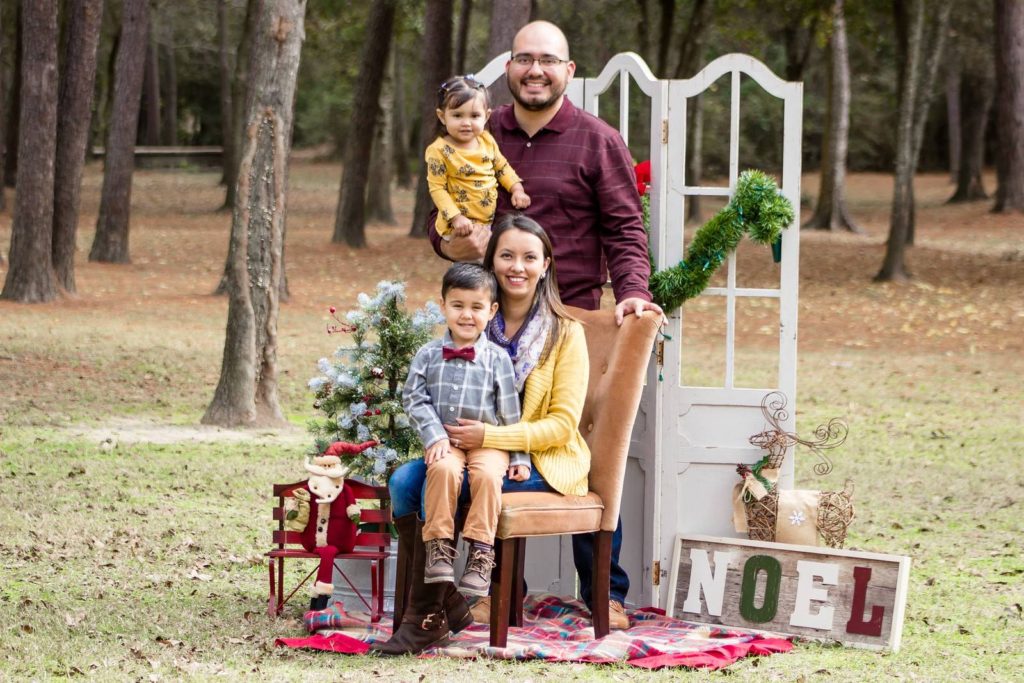
I hope that Pearl’s story gives you an idea of the life of an undocumented person, that it gives you an example of the process that some may have with the immigration system. It is also my desire that the experiences of this brave woman stir in you, compassion towards others with the same circumstances and that she challenges you to take actions that cause productive benefits and changes to the immigration system.
If you have any questions or concerns, leave us a comment in the section below.
Stay tuned for the next word…

